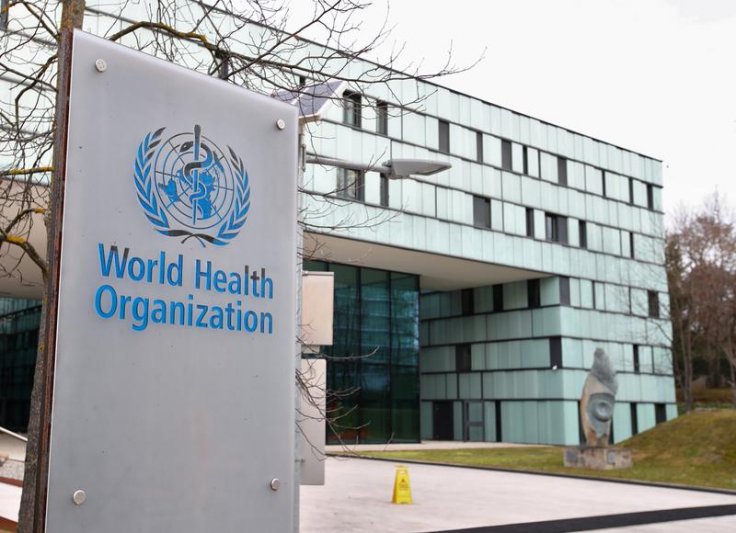The next pandemic could be "even deadlier" than Covid-19 and the world should prepare itself to face it, the World Health Organization (WHO) chief warned on Monday. The Covid-19 pandemic is far from over, director-general Dr. Tedros Adhanom Ghebreyesus sounded an alarm at a meeting of the World Health Assembly on Monday in Geneva, Switzerland.
Tedros called for reforms by individual countries in preparation for the next pandemic. "We cannot kick this can down the road," the WHO director-general said in a major address to the organization's member countries, warning that the next pandemic was bound to "come knocking" anytime.
Sounding the Alarm

The development comes weeks after the WHO ended global emergency status for the Covid-19 pandemic which killed millions worldwide during its course of over two years and left a trail of devastating economic consequences globally.
"If we do not make the changes that must be made, then who will? And if we do not make them now, then when?" Tedros said.
"The threat of another variant emerging that causes new surges of disease and death remains," Tedros said. "And the threat of another pathogen emerging with even deadlier potential remains."
"When the next pandemic comes knocking — and it will — we must be ready to answer decisively, collectively and equitably," Tedros added.

"We cannot kick this can down the road," Tedros said. "If we do not make the changes that must be made, then who will? And if we do not make them now, then when?"
While giving these severe warnings, Tedros also praised the recent decision by WHO member nations to draft a pandemic treaty and approve a budget increase, according to Reuters. The budget increase was granted after the agency made a commitment to budget and finance reforms.
The International Health Regulations, a treaty describing preparedness and responses to health emergencies, are also in need of updating, according to Tedros, "so the world will never again have to face the devastation of a pandemic like COVID-19."
Preparing in Advance
According to the WHO, the COVID-19 pandemic has caused about 7 million deaths worldwide, with nearly 1.13 million of those deaths in the United States. Infection with the coronavirus caused more than 80,000 fatalities in New York alone.

The annual World Health Assembly, which lasts 10 days in Geneva, coincides with the 75th anniversary of WHO. It aims to solve issues with global health, such as potential pandemics.
Suggestions for reform have been made after an independent panel's recent assessment that the WHO was "underpowered" when the Covid epidemic initially broke out.
The findings, which were in line with WHO's highly criticized history of failing to promptly probe the origin of the pandemic in China's Wuhan city, revealed that the international health organization had limited authority to coordinate containment measures and look into outbreaks.

One of the projects that could determine the survival of the 74-year-old organization is a Washington-led push to create a worldwide pandemic prevention fund housed by the World Bank.
The WHO has identified a list of "priority" contagious diseases that are more likely to spread over a region than others and for which there are few, if any, preventative measures in place.
These diseases include Zika, Covid-19, Marburg, Middle East respiratory syndrome, severe acute respiratory syndrome, Ebola, and — possibly the most horrifying of them — something termed "Disease X."

Disease X is the WHO code for an illness brought on by an unidentified pathogen.
"It is not an exaggeration to say that there is potential of a Disease X event just around the corner," Pranab Chatterjee, a researcher at the Department of International Health at Johns Hopkins Bloomberg School of Public Health in Baltimore, told the National Post.
The next pandemic is most likely to be zoonotic, or an illness that starts in animals before "spilling over" to infect humans, according to public health experts.









